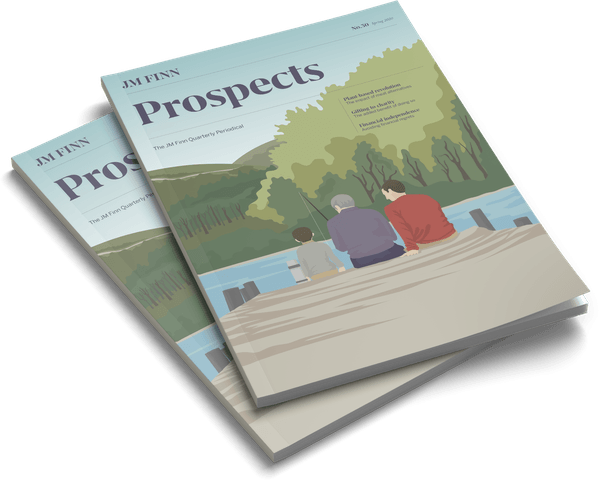Maybe you have considered giving away your home or a share of it to your children? Whether to reduce your estate for inheritance tax planning or concerns about possible care fees, Debbie Gale of TLT Solicitors looks at some of the practicalities of gifts and loans within the family.
Many younger people are struggling to take that first step onto the property ladder so it is increasingly common for buyers to have financial assistance from their family. However, it is important both sides are clear whether such funds are a gift or a loan.
A recent Court of Appeal case Farrell v Burden involved a loan made by a mother to her son and resulted in a claim against the son’s estate, following dispute about whether it was a loan or gift.
If making a gift, the details should be documented and kept somewhere safe. You should take advice about whether there will be any inheritance tax implications if you were to die within seven years of making the gift.
Whether making a loan or a gift, both you and your child should get legal advice.
For a loan, it is important that both sides are clear on expected terms and consider repayment, interest and possible default. A loan agreement will make the terms clear and if the property is being bought with others, a declaration of trust should be drawn up to make the ownership and contribution of each party clear. What will happen if either you or your child were to die before the loan is repaid? You should both consider updating your wills.
If the loan is to fund a property purchase and your child is buying with others, they should take legal advice and consider either a co-habitation agreement/pre-nuptial agreement or possibly a tenancy agreement if others will be living there but not co-owners.
If you are considering joint ownership with your child, you should consider inheritance tax, capital gains tax and stamp duty land tax.
Whether making a loan or a gift, both you and your child should get legal advice.
Gifts of property / share of property
If you give something away but continue to enjoy the benefit (for example, your home, or a share of it but continue to live there) for inheritance tax purposes you may be treated as if you still owned the property.
In addition, if you gift the property to your child, your home would, in fact, belong to your child and would therefore be subject to inheritance tax as part of their estate if they should die. There may also be a loss of potential inheritance tax allowances.
Principal private residence relief provides that if you sell the house you live in, there is no capital gains tax liability. However, if you give your home away to your child, they become the owners for capital gains tax purposes and this potential relief could be lost.
Capital gains tax does not arise when someone dies. Any gains made on assets you own when you die are wiped out, your property is revalued at death and your beneficiaries acquire the property at that new value. If you have given away your property during your lifetime, your child will be subject to capital gains tax on the whole increase in value of the property from the date the gift was made until the date of sale. It may be preferable to leave the gift in your will.
If your child were to die before you, the property (or their share of it) would form part of their estate and would pass to their beneficiaries, or it may need to be sold to settle the debts of their estate. You should also consider what would happen if your child loses mental capacity, divorces or becomes bankrupt.
Care fees
The rules covering how much a person must pay for their care, state that the local authority have to include any assets which you have given away with the intention of avoiding such charges. This is known as deliberate deprivation and local authorities are becoming increasingly strict on this point.
If you are planning to protect your home from care fees, you should consider any other assets owned. Protecting your home could mean planning to live in state funded care. This may mean the standard of care may not be to the level you would have chosen and may remove your ability to choose where you want to live.
Making gifts or loans to your family can have benefits but you should ensure you are fully informed of the potential consequences before going ahead.
Debbie Gale
Head of Probate, Legal Director
www.TLTsolicitors.com
The above must not be taken as advice and is generic. Advice should be tailored to an individual situation and it would be strongly recommended that such advice is sought on any of the above.
Illustration by Andrew Rees




